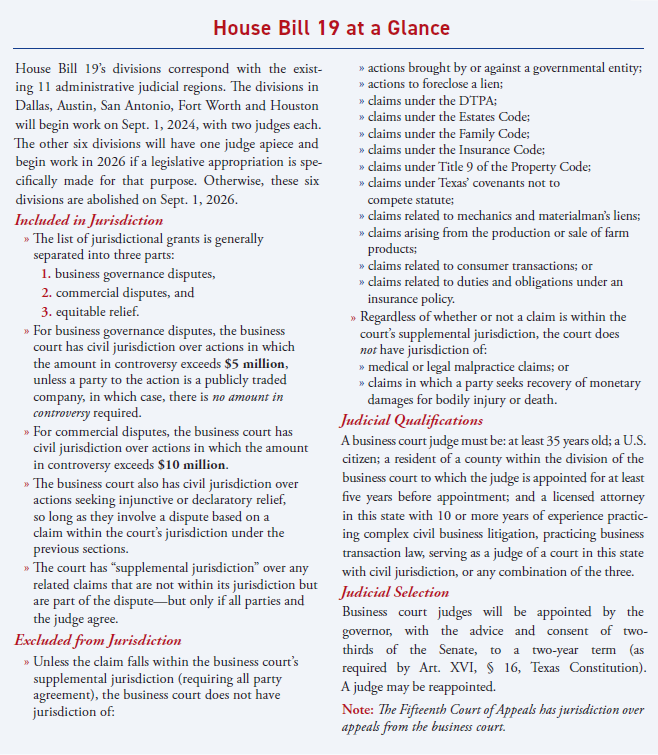
Through political action, legal, academic and market research, and grassroots initiatives, TLR fights for common-sense reforms that keep Texas open for business.
Through political action, legal, academic and market research, and grassroots initiatives, TLR fights for common-sense reforms that keep Texas open for business.